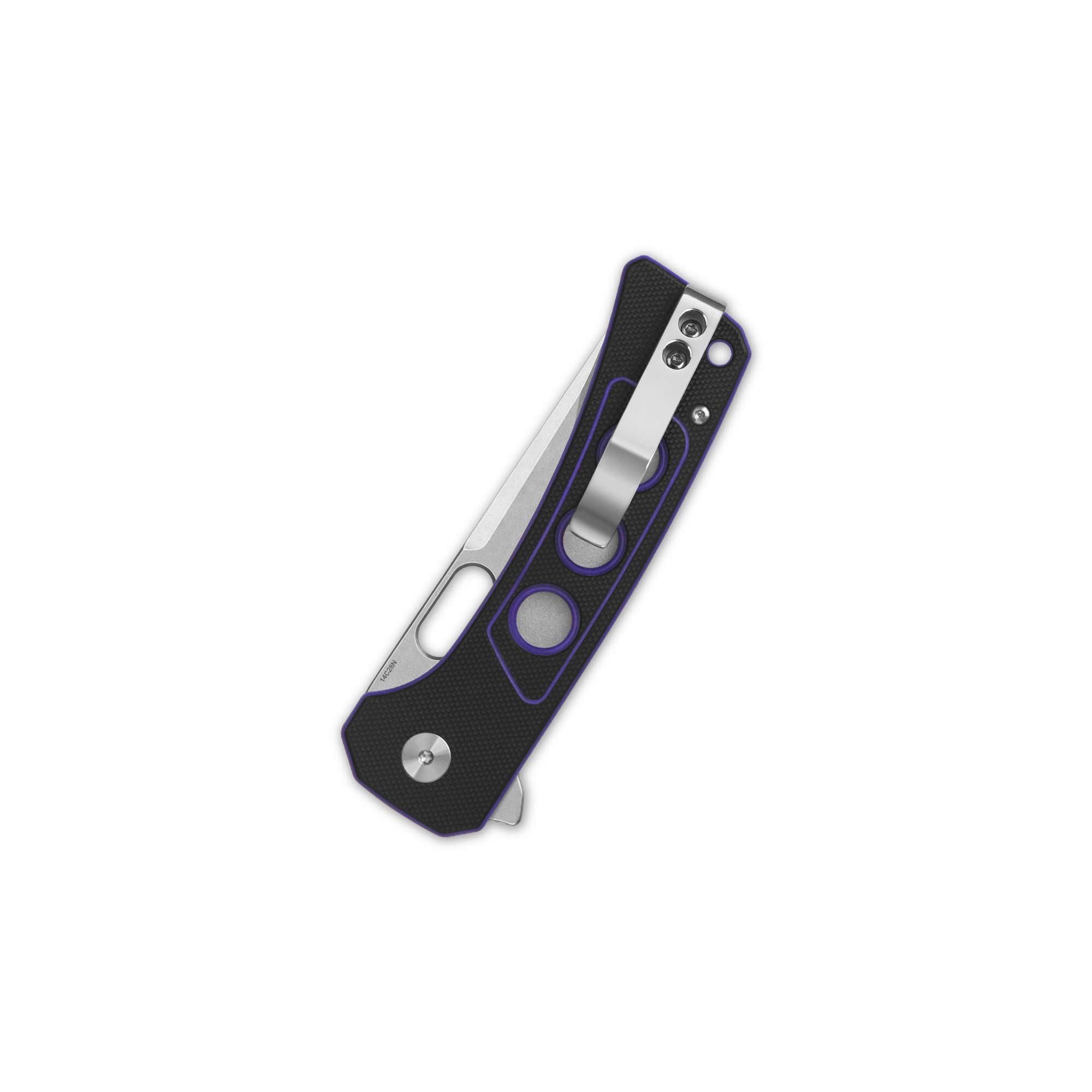The Evolution of Folding Knives: From Ancient Tools to Modern Edc Essentials
Body
The folding knife has a rich history that spans centuries, evolving from simple tools used by our ancestors to sophisticated everyday carry (EDC) essentials. This article delves into the fascinating journey of folding knives, examining their historical significance, various types, and their role in contemporary society.

Historical Significance of Folding Knives
Folding knives date back to ancient civilizations, where they served practical purposes. The earliest known folding knife was discovered in ancient Greece, dating back to around 500 BC. These early tools were crafted from bronze and featured a simple pivot mechanism. As time progressed, the design of the folding knife improved, incorporating materials like iron and steel, which enhanced durability and functionality.
Key Features of Early Folding Knives
- Materials: Initially made from bronze, evolving to iron and steel.
- Mechanism: Simple pivot mechanisms allowed for easy folding.
- Design: Often adorned with intricate carvings, reflecting the craftsmanship of the era.
Types of Folding Knives
Today, the folding knife comes in various styles, each designed for specific uses. Understanding these types can help you choose the right knife for your needs. Here are some popular categories:
- Lockback Knives: These feature a locking mechanism that secures the blade when open, ensuring safety during use.
- Frame Lock Knives: A portion of the handle acts as a lock, providing a robust and secure blade deployment.
- Slip Joint Knives: These do not have a locking mechanism, making them easy to open and close, ideal for everyday tasks.
- Assisted Opening Knives: Equipped with a spring mechanism, these knives open quickly with minimal effort.
The Role of Folding Knives in Modern Society
In today's fast-paced world, the folding knife has become an essential tool for many individuals. Whether for outdoor activities, everyday tasks, or emergency situations, these knives offer versatility and convenience. They are often favored for their compact size, allowing for easy carry in pockets or bags.
Everyday Carry (EDC) Essentials
As part of the EDC movement, folding knives have gained popularity among enthusiasts. They are not just tools; they symbolize preparedness and self-reliance. Many brands, such as , offer a wide range of high-quality folding knives that cater to various preferences and needs.
Conclusion
The folding knife has undergone significant evolution, transforming from a basic tool into a sophisticated EDC essential. Its historical significance, diverse types, and modern applications highlight its enduring relevance. As you consider adding a folding knife to your collection, reflect on its rich heritage and the craftsmanship that continues to define this remarkable tool.












Comments